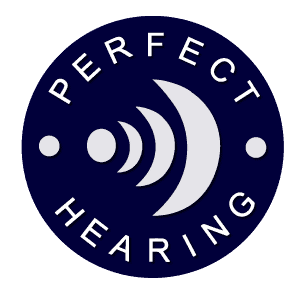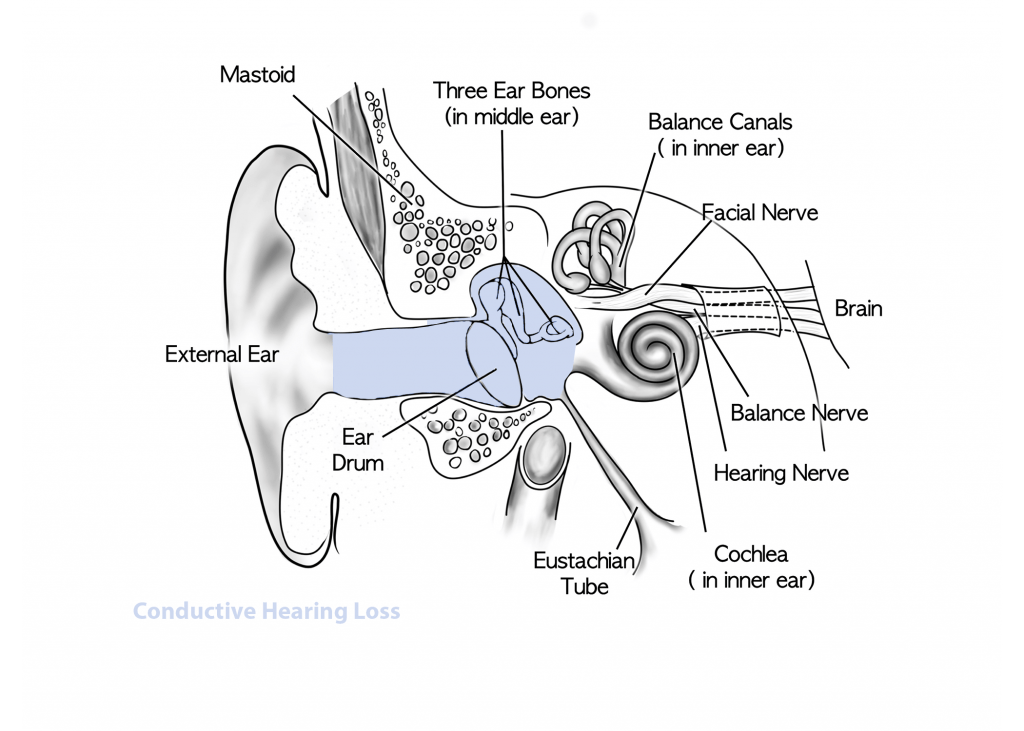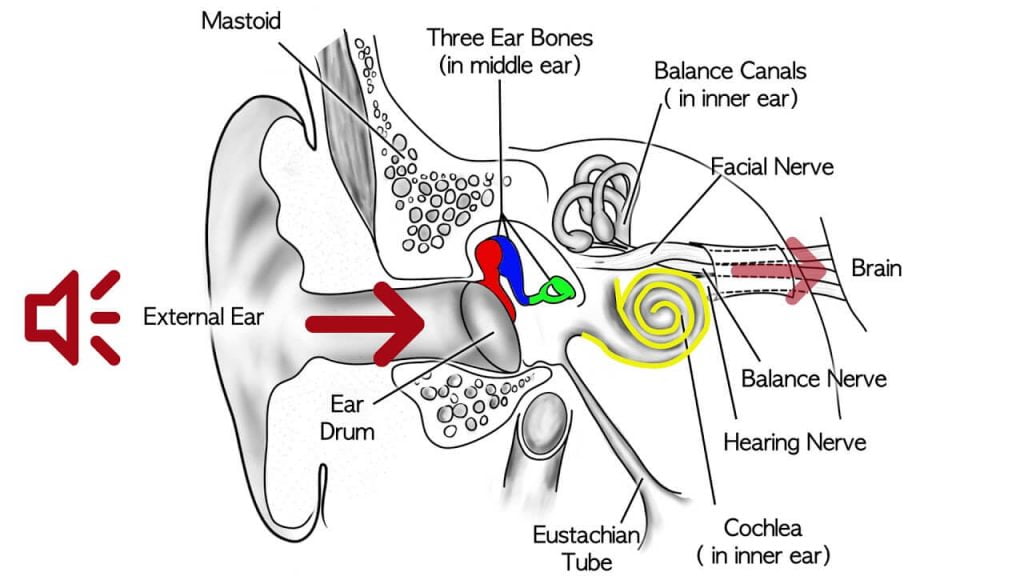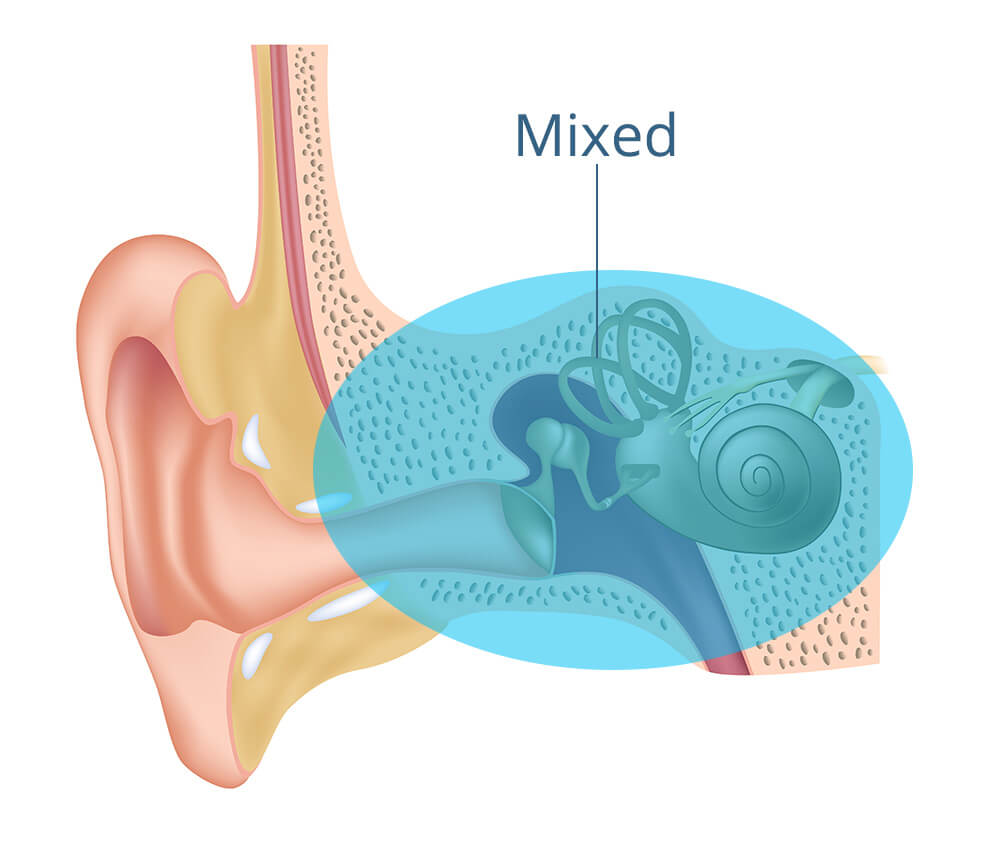Most people, who aren’t in the medical field, often think that all hearing loss problems are the same. But this is not accurate. An ear specialist in Penang will explain to you that, there are three different types of hearing loss. They include:
- Conductive hearing loss
- Sensorineural hearing loss
- Mixed hearing loss
Let’s look at the different types of hearing loss – including the causes and treatment of these three hearing conditions.
1. Conductive hearing loss
Conductive hearing loss usually occurs when there is a blockage in the middle or outer ear. When there is damage in this region of the ear, sound cannot be passed adequately from the ear canal to the eardrum, or from the eardrum to the inner ear.
The damage can be as a result of a perforated eardrum, earwax, build of fluid due to cold or flu in the middle ear. This type of hearing loss is common in children and can be treated medically or surgically by an ear specialist in Penang, Malaysia.
Causes of conductive hearing loss:
- Malformation of the outer ear, ear canal, or middle ear structure
- Fluid in the middle ear from colds
- Ear infection (such as otitis media)
- Allergies
- Poor Eustachian tube function
- Perforated eardrum
- Benign tumors
- Impacted earwax
- Infection in the ear canal
- Foreign object in the ear
- Otosclerosis (a hereditary disorder)
Treatment of conductive hearing loss:
If the conductive hearing loss is due to the congenital absence of the ear canal, or the ear canal was not opened at birth, or otosclerosis, surgery can fix this.
Amplification, or osseointegrated device (for example, the Baha or Ponto System), or a conventional hearing aid, can be a solution, depending on the status of the hearing nerve.
If the conductive hearing loss occurred as a result of ear infections, or chronic middle fluid, antibiotics or antifungal medications can be used to treat this.
2. Sensorineural hearing loss
Sensorineural hearing loss occurs due to damage in the hearing organ, the cochlea, or the auditory nerve. When these organs are damaged, they are unable to send electrical information to the brain for processing.
This type of hearing loss is usually almost permanent.
Causes of Sensorineural hearing loss:
- Exposure to loud noise
- Presbycusis (due to aging)
- Head trauma
- Virus or disease
- Autoimmune inner ear disease
- Heredity
- Malformation of the inner ear
- Ménière’s disease
- Otosclerosis
- Tumors
Treatment of Sensorineural hearing loss:
- Sudden sensorineural hearing loss (SSHL) can be treated medically with corticosteroids.Corticosteroids can be used to reduce cochlea hair cell swelling and inflammation after exposure to loud noise.
- Fluctuating sensorineural hearing loss from an unknown cause or associated with Ménière’s disease can be managed and treated medically with a low-sodium diet, diuretics, and corticosteroids.
- Disease in the central nervous system, resulting in sensorineural hearing loss, can be treated with medical management for the specific conditions affecting the nervous system.
- If it’s Irreversible sensorineural hearing loss, which is the most common form of hearing loss, it can be managed with hearing aids. It can also be surgically treated with cochlear implants.
3. Mixed hearing loss
Mixed hearing loss occurs when both conductive and sensorineural hearing loss is present. In most cases, the sensorineural part of the hearing loss is permanent, while the conductive element could be temporary or permanent.
Treatment of mixed hearing loss:
An ENT specialist will first take of the conductive component, before proceeding to the sensorineural aspect. Many cases have been reported when taking care of the conductive element first, made the patient a better hearing aid candidate.
The treatment would, therefore, be a combination of medical or surgical procedures and the use of hearing aids. There are also cases where implants or a particular type of hearing aid is needed.




